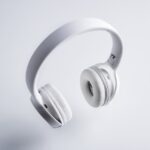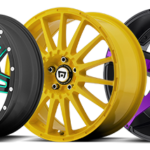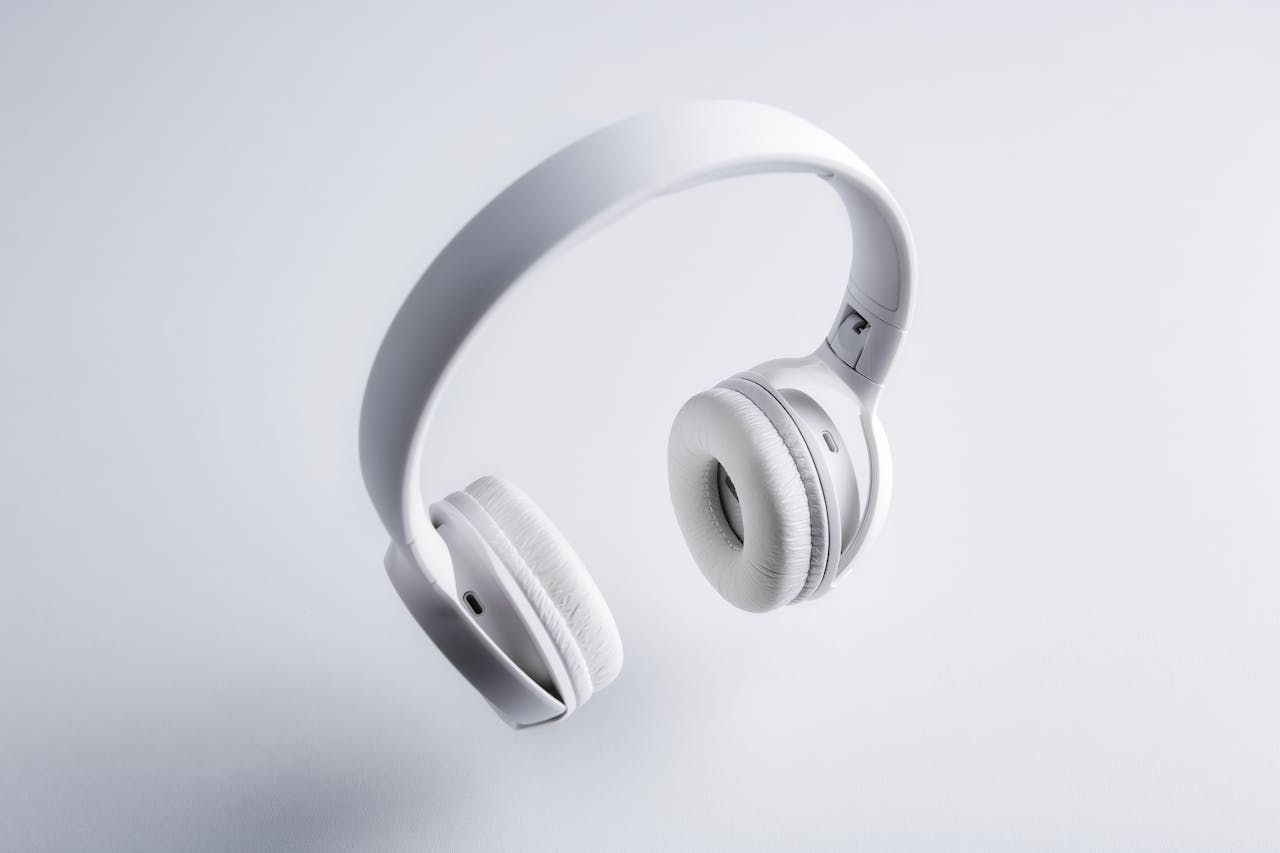When it comes to wireless audio, two brands stand tall above the rest: Bose and Sony. Whether you’re seeking the immersive sound of Bose wireless headphones or the sleek design of Sony earphones, choosing between them can feel like a tough decision. To help you decide, here are the seven key features that could tip the scales and make you hit the buy button for your perfect pair.
1. Sound Quality
Sound quality is often the first factor most people consider when looking at headphones, and both Bose and Sony excel here—but in different ways. Bose has long been synonymous with rich, well-balanced sound that delivers crystal-clear vocals and deep bass. Their headphones are designed to produce a natural sound experience, making them great for listening to everything from podcasts to classical music.
On the other hand, Sony earphones and headphones are known for their powerful bass and high-resolution audio capabilities. Sony tends to focus on giving users a punchy, energetic sound profile that excels with genres like hip-hop, pop, and electronic music. With Sony’s LDAC codec, you can enjoy near-lossless audio streaming over Bluetooth, which gives it a slight edge for audiophiles who crave high-fidelity sound.
Ask the product: Which type of sound suits your lifestyle better? If you love an all-around, neutral listening experience, Bose might be your go-to. If powerful bass and detailed highs are more your style, Sony wins this round.
2. Active Noise Cancellation (ANC)
Both brands are industry leaders in active noise cancellation, but they use slightly different techniques to achieve it. Bose wireless headphones, like the QuietComfort series, are often praised for having the best noise-cancellation on the market. They use multiple microphones to detect and cancel ambient sounds in real-time, offering you an incredibly peaceful listening experience even in noisy environments like airplanes or busy cafes.
Sony, with its flagship WH-1000XM series, gives Bose a run for its money. Sony’s adaptive sound control adjusts the ANC depending on your surroundings, offering customizable noise-canceling levels based on your location or activities. Whether you’re walking in a quiet park or commuting in a bustling city, Sony’s noise-canceling technology adapts in real time.
Ask the product: If supreme noise isolation is your priority, Bose might edge out Sony here. But if you want personalized control over your noise-canceling experience, Sony’s approach might win you over.
3. Comfort and Design
Comfort is critical for long listening sessions, and here’s where user preference can make a big difference. Bose wireless headphones tend to have a lighter, more comfortable fit, with plush ear cushions that make them ideal for extended use. The headband design is also optimized to reduce pressure on your head, making them feel almost weightless.
Sony earphones and headphones often feature a more modern, streamlined design. While a bit heavier compared to Bose, Sony’s premium models like the WH-1000XM5 offer a snug, ergonomic fit that wraps around your ears in a more secure fashion. Some people love this firmer fit, while others might prefer the looser, cushioned feel of Bose.
Ask the product: Do you prioritize lightweight comfort for long wear, or do you prefer a snug, stylish fit? Your answer will determine whether Bose or Sony’s design philosophy resonates with you.
4. Battery Life
Battery life can be a dealbreaker when it comes to wireless headphones, especially for frequent travelers or heavy users. Sony has made a name for itself by offering superior battery life in its headphones. The WH-1000XM5, for instance, boasts an impressive 30 hours of playback with ANC turned on and up to 40 hours without it.
Bose wireless head phones typically offer slightly less, with models like the QuietComfort 45 giving around 24 hours of battery life with ANC enabled. However, both brands offer quick-charging features, so a 10-minute charge can give you a few hours of playback in a pinch.
Ask the product: If marathon battery life is important to you, Sony’s edge in this category is hard to overlook. But if you’re fine with slightly less battery in exchange for other premium features, Bose still delivers.
5. Voice Assistants and Smart Features
Both Bose and Sony earphones integrate with popular voice assistants like Google Assistant, Alexa, and Siri, allowing you to control your music, get weather updates, or ask questions hands-free. However, Sony takes it a step further with its AI-powered smart features, such as “Speak-to-Chat,” which automatically pauses your music when it detects that you’re speaking. This is particularly handy for quick conversations without needing to take off your headphones.
Bose, while not as feature-rich in this department, still offers intuitive touch controls and voice prompts that are user-friendly. They focus more on delivering a clean, simple interface rather than adding too many bells and whistles.
Ask the product: If you love smart features and seamless voice assistant integration, Sony might offer more bang for your buck. If simplicity is more your style, Bose keeps things easy and efficient.
6. Durability and Build Quality
Both brands offer premium build quality, but the materials they use differ slightly. Bose wireless headphones often use lightweight plastic that’s durable yet incredibly flexible, meaning they can withstand a bit of rough handling without breaking. However, some users feel that Sony’s headphones feel more premium due to the use of metal and high-quality plastic in their construction.
Sony earphones, particularly the premium models, have a sturdier, more durable feel compared to Bose. The overall heft of Sony’s models gives them a more solid, durable appearance, which many users appreciate, especially for travel.
Ask the product: If you’re looking for something lightweight and durable, Bose will do the trick. But if you want something with a more premium, solid feel, Sony may be the better choice.
7. Price and Value for Money
Finally, price is always a deciding factor. Bose wireless headphones tend to be priced at a premium, but many users find that they’re worth it due to the excellent sound quality and noise cancellation. If you’re willing to invest in a product that will last and deliver consistently high performance, Bose might be the brand for you.
Sony, on the other hand, often offers more features for a slightly lower price point. You can get advanced features like longer battery life, better smart controls, and similar noise cancellation performance without breaking the bank.
Ask the product: Are you willing to pay a premium for simplicity and brand legacy, or do you want more bang for your buck with added features at a lower price? Your budget and priorities will help make the choice easier.
Final Verdict: Which One Should You Buy?
Choosing between Bose and Sony ultimately comes down to personal preference. Bose wireless headphones excel in comfort, balanced sound, and noise cancellation, making them perfect for users who prioritize those aspects. On the other hand, Sony earphones and headphones offer superior battery life, smart features, and a more robust design, often at a lower price.
Ask the product: What matters most to you? Comfort, sound, features, or budget? The answer will guide you to your perfect pair, whether that’s Bose or Sony.











